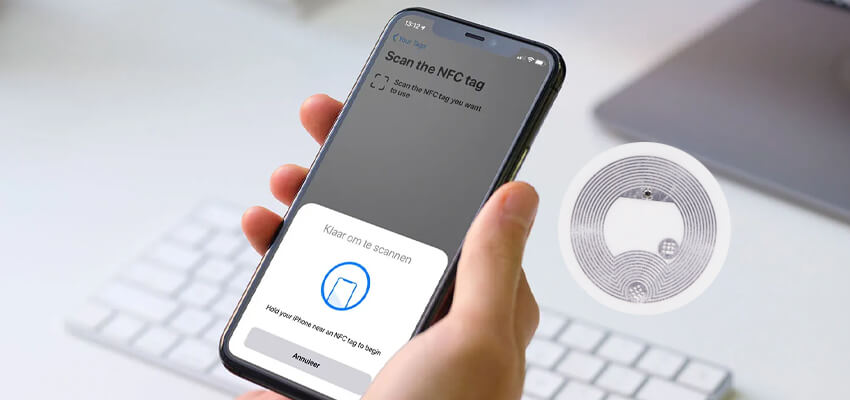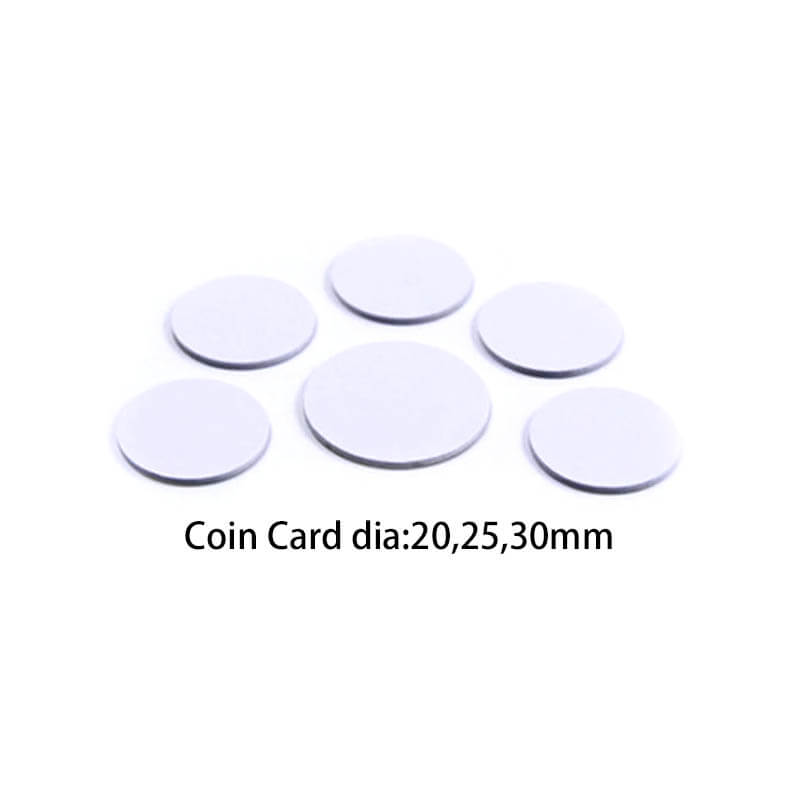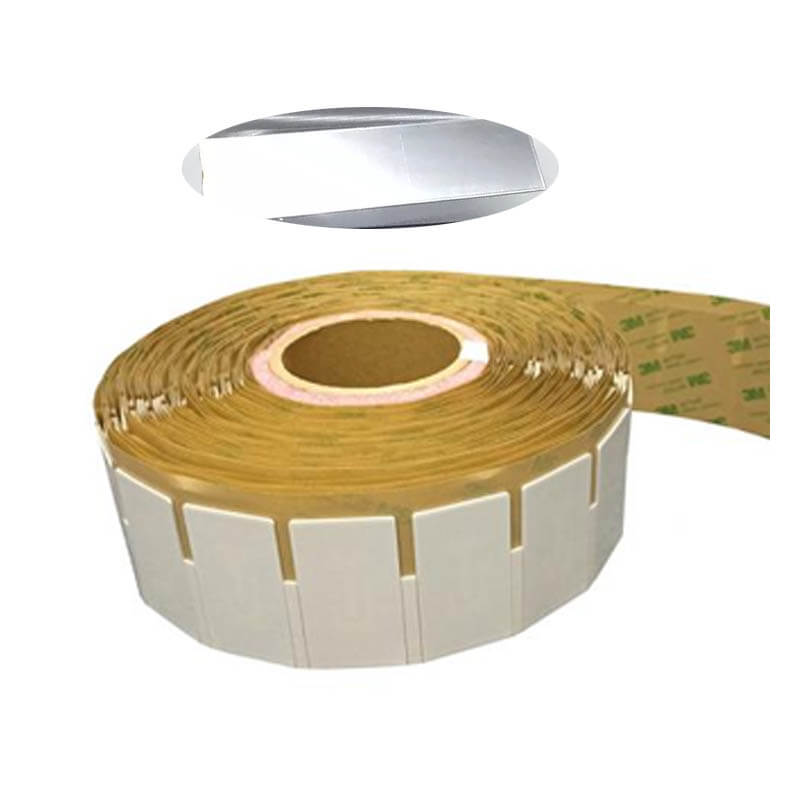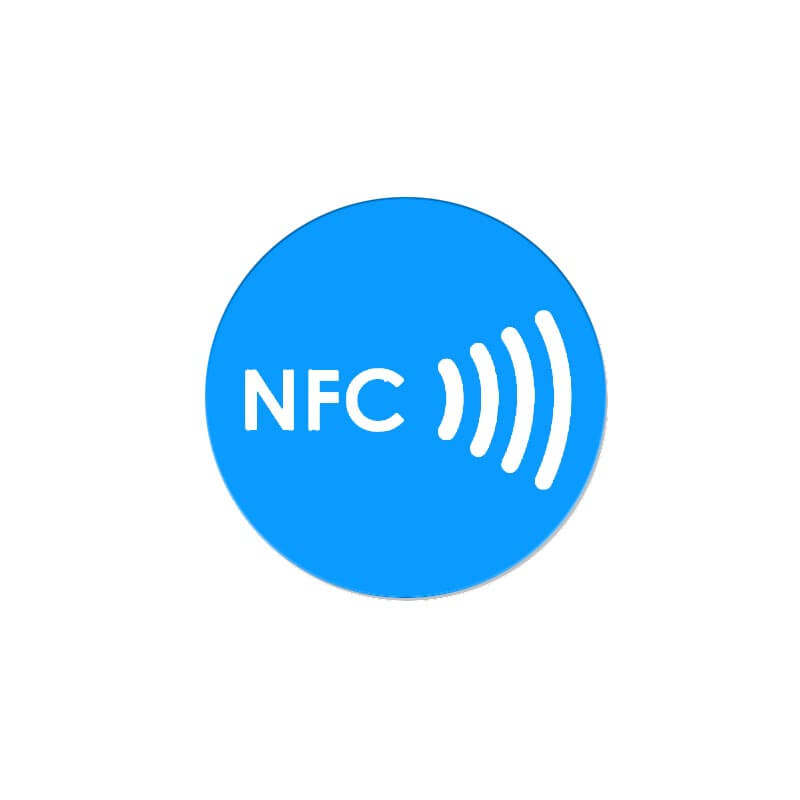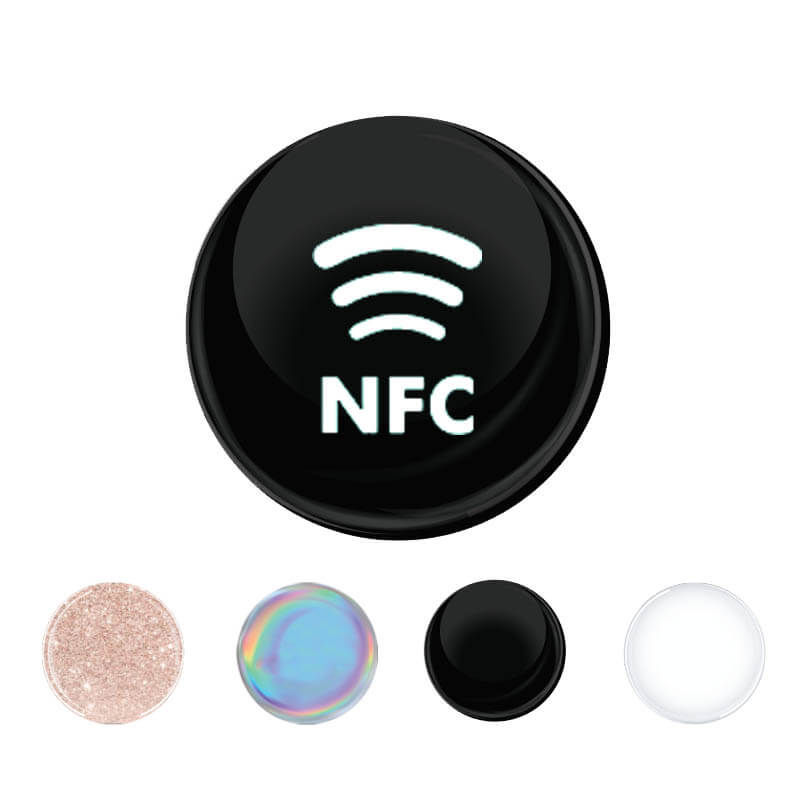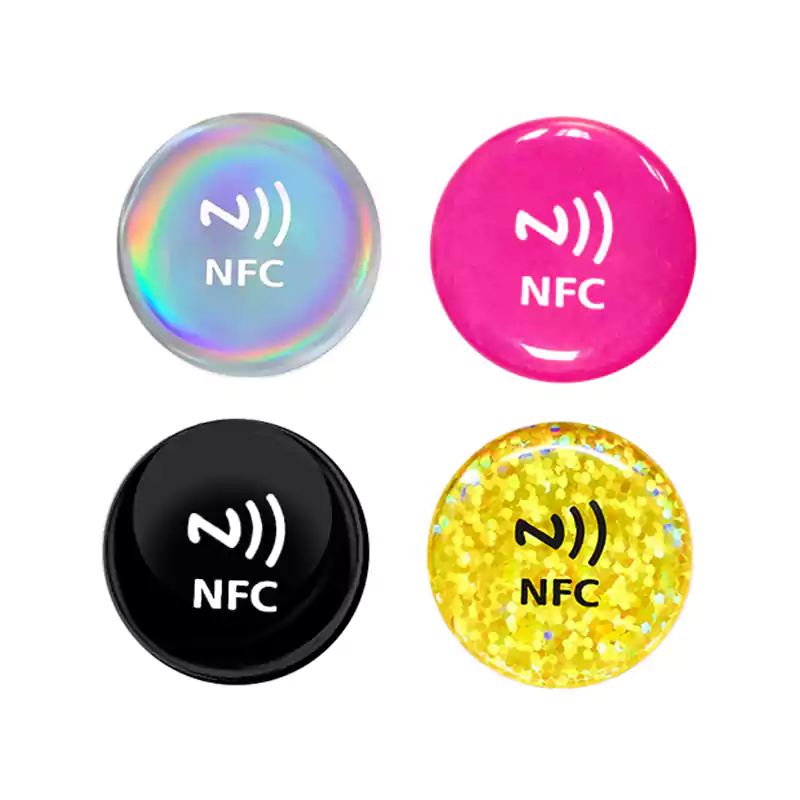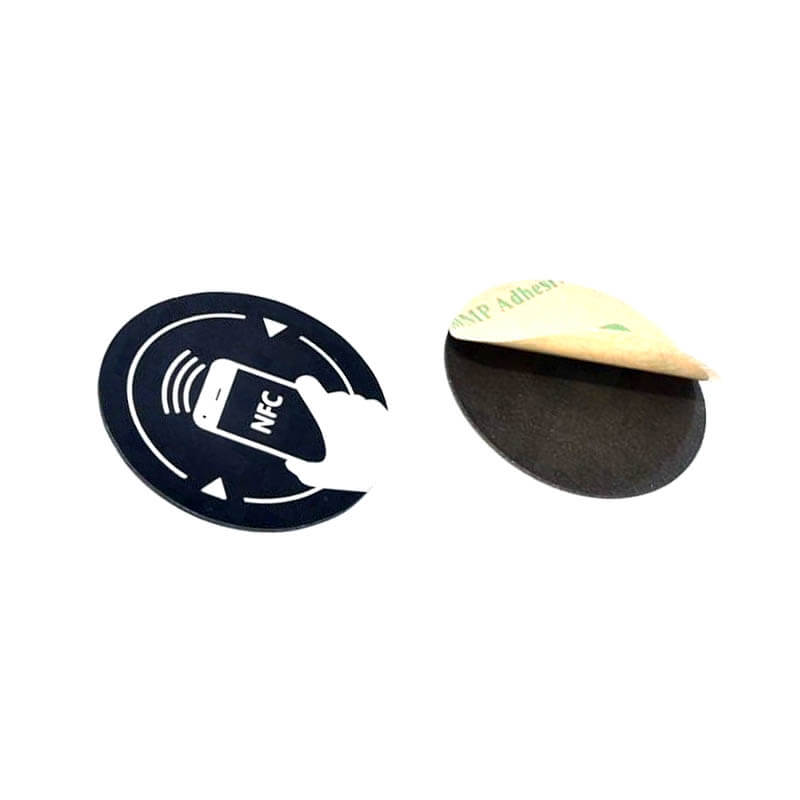NFC technology has many advantages, including convenience, security, efficiency, and secured access. This makes it a valuable tool for businesses, schools, hospitals, and other organizations looking to improve their customer management efforts or streamline operations. It is a sure way to stay competitive and succeed in today’s fast-paced, technology-driven world.
There are many advantages to using NFC technology, including:
Convenience
If you are a regular shopper, you agree that the traditional magnetic stripe technology can be quite inconvenient. This is because card swiping requires you to physically hand your card to the cashier, a process that can feel rushed and awkward.
Fortunately, NFC technology removes this inconvenience. With a simple tap of your smartphone or any other NFC-enabled device, you can transmit payment information directly to the point-of-sale terminal. This saves time and reduces the risk of human error, making NFC payments a more convenient option for consumers.
Security
While contactless payment methods like Apple Pay have received some criticism due to security concerns, NFC technology is quite secure. This is because the data transmitted between devices is encrypted and can only be read within a few inches of each other.
Additionally, NFC tags use a one-time-use token generated for each transaction, providing an extra layer of security. Besides, most financial organizations have developed powerful authentication methods, such as two-factor authentication for enhanced security.
Efficiency
Have you ever seen a jammed-up checkout line at a grocery store? This issue can be frustrating and time-consuming, as it wastes valuable minutes that could otherwise be spent doing something more productive.
NFC technology helps to solve this problem by speeding up the checkout process. Rather than waiting for the cashier to swipe your card through the magnetic stripe reader, you can simply tap your smartphone against the NFC reader and complete the transaction in seconds. This can save businesses a significant amount of time and money.
Secured Access
Besides payment, NFC technology is being used in a variety of other industries such as access control and ticketing. For example, many stadiums and concert halls use NFC-enabled wristbands to grant access to their venues.
The technology is also used in schools, hospitals, and other organizations to provide secure access to buildings and rooms. By using NFC tags, these organizations can create a fast, efficient system for managing access to their facilities.
Enhanced Customer Management
Using NFC tags, companies can improve their customer relationship management (CRM) efforts. For example, hotels and retail stores can use NFC tags to share special offers and promotions with customers based on their purchasing history or location.
In this way, organizations can more effectively engage with their customers and build strong relationships that lead to increased sales and loyalty over time. It culminates in a more efficient, targeted marketing strategy that helps organizations stay competitive in their industries.


